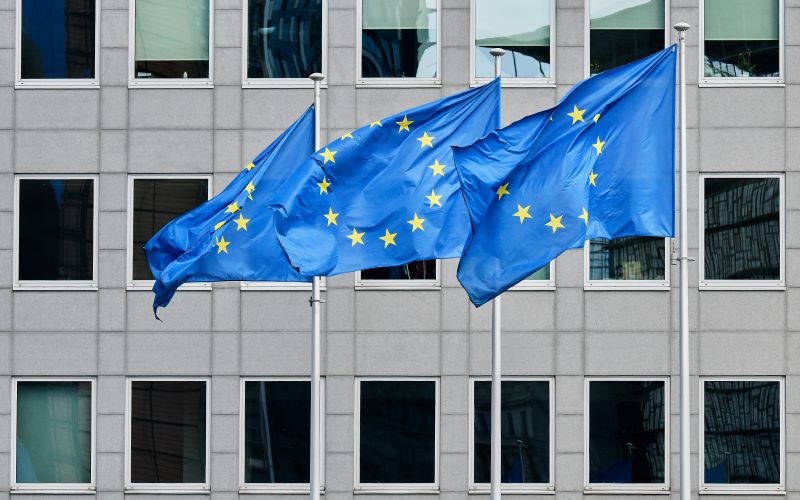The European Commission has adopted its 2025–2030 working plan under the Ecodesign for Sustainable Products Regulation (ESPR) and the Energy Labelling Regulation, setting out key priorities to promote sustainable, circular, and energy-efficient products across the EU.
The plan outlines a list of product groups to be prioritised over the next five years, including steel and aluminium, textiles (notably apparel), furniture, tyres, and mattresses. These selections were based on their potential to deliver circular economy benefits and support the EU’s climate and industrial competitiveness goals under the Clean Industrial Deal and Competitiveness Compass.
The new agenda will also introduce horizontal measures targeting the repairability and recyclability of consumer electronics and small household appliances. A repairability score and specific design requirements for electrical and electronic products are among the measures being proposed to extend product lifespans and reduce waste.
Future regulations will focus on two areas: product performance—such as energy and resource efficiency, durability, and availability of spare parts—and product information, including environmental footprints and carbon intensity. Much of this data will be made accessible through the Digital Product Passport and the European Product Registry for Energy Labelling (EPREL).
According to the Commission, the harmonised sustainability requirements will reinforce the single market, reduce administrative burdens, and strengthen the global competitiveness of EU-based producers. The plan has been shaped through stakeholder engagement, technical analysis, and consultations within the Ecodesign Forum.
Special attention will be given to the needs of SMEs, particularly micro-enterprises and small mid-cap firms, with tailored support promised throughout the implementation process.
Ecodesign and energy labelling requirements will be introduced progressively through delegated acts, based on impact assessments and preparatory studies. For certain energy-related products, existing work under the current Ecodesign Directive will continue, with updated requirements to be finalised by the end of 2026.
The ESPR, adopted in July 2024, builds on earlier EU frameworks to drive improvements in product durability, recyclability, and circularity, while empowering consumers to make more sustainable choices.


















